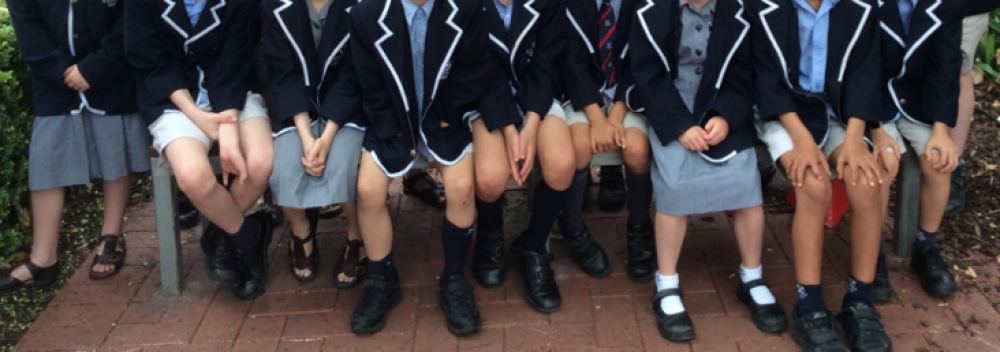Presented by Kat Brown
Tuesday 8 June 2021
3:45-5:45pm
Our school community has faced quite a few family losses over the years. It is vital that we find ways to support the families in our community. Teachers are often on the front line to support children and families after the loss of a loved one. This presentation by Kat Brown outlined the grief process for adults and children of different ages. This presentation was obviously a sensitive topic for all involved who have experienced loss and grief. This post has some of my notes and some resources that were shared with us. I want to thank Kat for sharing her story as a bereaved parent and the insight into the process of grief from her professional and personal experience.
My Notes:
As adults we process grief and loss in different ways, depending on the circumstances, the relationships, the individual experience, we all grieve in our own way. There are stages or processes in grief, but they are not linear, they are usually a mess of emotions that can happen at any given time or day.
So, this evening we have been presented with Professional Development by Kat Brown around grief and loss for children. We discussed if their experience of grief and loss is different to that of an adult? Yes and no. Depending on the stage of development a child is and what their circumstances were in their loss. It is important that educators and schools are ready to support families and especially their students through their grief and loss journey.
“Death neither obeys the school timetable nor appears on it…it enters the classroom without knocking”. Author unknown.
It is important to understand that sometimes the loss of family structure is not just from a death in a family, family break ups, divorce/ separations also hold grief and sense of loss, which we need to me mindful and supportive of.
Please see the link below to learn about the different reactions of children at different ages to the grief process.
Bereavement Reactions Of Children & Young People By Age Group:
https://kidshealth.org.nz/bereavement-reactions-children-young-people-age-group
Some notes that I took away from this PD tonight that I felt important to document include:
- Give our students the grace to grieve in their way.
- Communicate with your student, give them choices and options for inclusion.
- Be aware of triggers and “Firsts” to assist in supporting them through their grief. We cannot control the “triggers” like them hearing a song that reminds them of their loved one, or someone saying a phrase used by their loved one etc. But we can give students time to work through their triggers and come back to a place of calm. “Firsts” include events like birthdays, Christmas’, Easters, Mother’s Day, Father’s Day etc the first time having those events without their loved one. Be mindful of those first events and support the students through them.
- I loved the idea of a School Memorial Garden for community members who have passed. Something to consider in our school setting.
What You (Teachers/ Staff) Can Do:
- Offer your sincere condolences, don’t say “I’m sorry” but “I’m sorry for your loss” or if you don’t know what to say: “I don’t know what to say, I’m sorry, I am thinking of you”
- Offer reassurance. You are safe and you are cared for today. Offer them a safe place in your classroom, your classroom is a place of security, consistency and safety. You are not alone here. Children often experience fear after a loss of someone they love, fear that it may happen again, or something will happen to them. Remind them that they are safe with you.
- Maintain routines. School, co-curricular activities, play dates etc Try to maintain some sort of normality in a time when everything else appears to have fallen apart for them.
- Answer their questions simply and directly. If you don’t know the answer that is fine, talk to their family members, seek advice from your school counsellor.
- Normalise feelings of grief. Talk about grief. Read books about grief, loss, death. Give them resources to assist them with making sense of this process.
- Give your students space but also be available. Read their mood, offer assistance, be open and approachable.
Some books worth looking at:
- Life is Like the Wind, by Shona Innes, Írisz Agócs
- In My Heart By: Jo Witek, Christine Roussey (Illustrator)
- Here in the Garden by Briony Stewart
- The Memory Tree by Britta Teckentrup
- The Worrying Worries by Rachel Rooney & Zehra Hicks: http://www.kids-bookreview.com/2020/10/review-worrying-worries.html
Handout that was emailed to us from Kat Brown from Sids and Kids SA:
This PD was worthwhile in providing us insight and some tools to support our students and families within the school community. Thank you Kat Brown.
